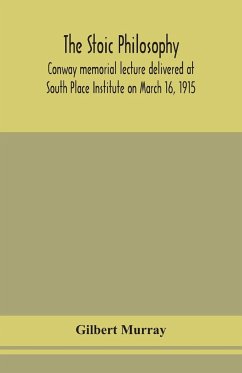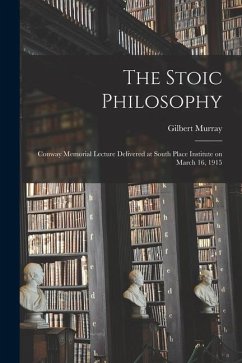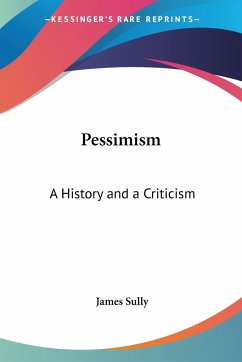
Socrates and Jesus compared
Versandkostenfrei!
Versandfertig in 1-2 Wochen
24,99 €
inkl. MwSt.
Weitere Ausgaben:

PAYBACK Punkte
12 °P sammeln!
This book has been considered by academicians and scholars of great significance and value to literature. This forms a part of the knowledge base for future generations. So that the book is never forgotten we have represented this book in a print format as the same form as it was originally first published. Hence any marks or annotations seen are left intentionally to preserve its true nature.










![Annual Report of the Baptist Board of Foreign Missions for the United States [serial]; 1st(1815) Cover Annual Report of the Baptist Board of Foreign Missions for the United States [serial]; 1st(1815)](https://bilder.buecher.de/produkte/65/65590/65590865n.jpg)



